Conference scene.
On September 23, the Ministry of Health organized a workshop to develop a project to develop an out-of-hospital emergency system for the period 2026-2030, with the participation of representatives of central and local ministries, branches, relevant units, along with a team of experts and leading managers in the fields of emergency resuscitation, anti-poisoning, fire prevention and fighting, and rescue - those who are directly shouldering the mission of saving lives from the front line.
Emergency care is the “first line of response” of any modern health system. In crucial moments, where life and death are just a hair’s breadth apart, the system must simultaneously detect quickly, coordinate properly, access promptly, treat accurately, transport safely, and hand over smoothly to a treatment facility. Just one delay can cost a person’s life, cause serious sequelae, and erode the people’s trust in the health sector.
Dr. Ha Anh Duc reported on the draft contents and implementation roadmap of the Project on developing the foreign hospital emergency system for the period 2026-2030.
In recent times, the Party, State and Government have paid special attention to outpatient emergency care, which is consistently demonstrated in the system of policies and laws. The 2023 Law on Medical Examination and Treatment clearly defines the concept of emergency care including both in-hospital and out-of-hospital care, requiring medical facilities to give the highest priority to human resources, equipment, medicines and mechanisms for transferring medical examination and treatment facilities.
The Law on Road Traffic Safety and Order and the Law on Fire Prevention and Fighting (amended) 2024 both assign specific tasks in mobilizing forces and means, and responding quickly at the scene to provide first aid, transport, and rescue victims in emergency situations.
In particular, Resolution No. 72 dated September 9, 2025 of the Politburo clearly identified the development of an external emergency system as a breakthrough solution in improving the capacity of the health system, while requiring the development of appropriate mechanisms and policies for external emergency transport costs for social policy groups.
Currently, the foreign emergency system in Vietnam still has many "bottlenecks" that need to be resolved, from an incomplete specialized legal framework to uneven organization and coordination between localities; limited specialized human resources; inadequate means and equipment; and many 115 Centers only meet a small part of the actual needs of the people.
Deputy Minister of Health Tran Van Thuan spoke at the workshop.
Speaking at the workshop, Professor, Dr. Tran Van Thuan, Deputy Minister of Health, said: In the context of traffic accidents, natural and man-made disasters, acute cardiovascular diseases, strokes, and climate change, foreign emergency care needs to be comprehensively "upgraded", not only as a professional function, but also as a political and humanitarian responsibility in ensuring the right to life of every citizen.
In that spirit, the Ministry of Health is taking the lead in developing a Project to develop an out-of-hospital emergency system for the 2026-2030 period, while closely coordinating with the Ministry of Public Security and relevant units in deploying a national emergency information reception and coordination center, ensuring unified command, shortening response time, and avoiding "blind spots" in multi-agent situations.
Implementing Resolution 282/NQ-CP of the Government issued on September 15, 2025, implementing Resolution 72-NQ/TW of the Politburo, the Ministry of Health was assigned to be the focal point for developing the Foreign Hospital Emergency Project to submit to the Prime Minister for promulgation. This is a strategic move, expanding the scope, improving quality, ensuring inter-sectoral, inter-regional, and interconnectedness in the organization of the foreign hospital emergency system.
From the perspective of system administration, Deputy Minister Tran Van Thuan emphasized 5 key orientations that need to be discussed in depth and unified in action in the Project.
Firstly, perfect the institutional architecture and inter-sectoral coordination mechanism for the foreign emergency system, ensure unified command at the scene and standardize the entire rapid response process in all emergency situations.
Second , establish frontline competency standards and response time standards, from vehicle dispatch to approach-treatment-transportation-handover; at the same time, promote training appropriate to the Vietnamese context and popularize first aid skills in the community.
Third , invest in infrastructure and digital technology to build a smart emergency system: digital maps, navigation, electronic medical records, real-time connections, emergency alert applications, and controlled AI prioritization.
Fourth , design a multi-source financial mechanism, budget mobilization, health insurance, public-private partnership and corporate social responsibility; ensure transparency, fairness, and do not reduce access for all people.
Fifth , deploy quality management and patient safety throughout the pre-hospital-in-hospital chain, through standard processes and evaluation indicators, and a standard and quality control system.
The project is expected to be piloted in 6 provinces and cities (Bac Ninh, Hai Phong, Ha Tinh, Da Nang, Khanh Hoa, An Giang) before being expanded nationwide.
The Deputy Minister of Health requested ministries, branches and localities to jointly review inter-sectoral institutions; pilot provinces to boldly propose suitable models while ensuring common standards of technology and quality; central hospitals, medical schools and professional associations to participate in "professional sponsorship"; businesses to accompany responsibility, creativity and transparency, and communication to popularize first aid skills in the community, turning each person into a link to preserve life.
MINH HOANG
Source: https://nhandan.vn/nang-cao-chat-luong-bao-dam-tinh-lien-nganh-trong-to-chuc-he-thong-cap-cuu-ngoai-vien-post909924.html


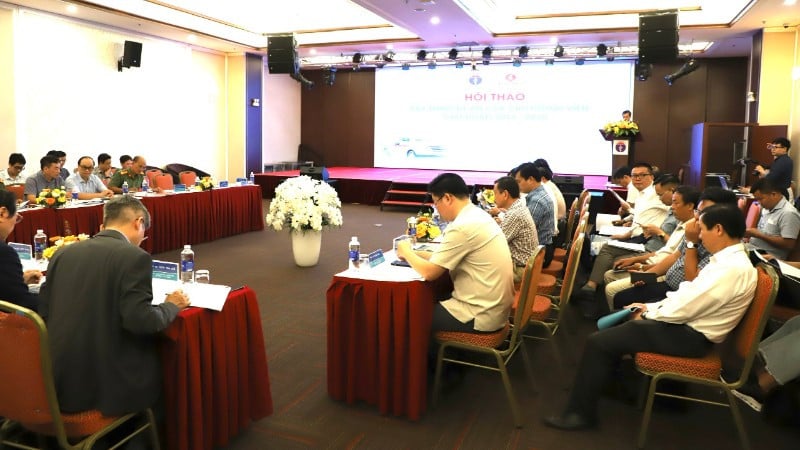
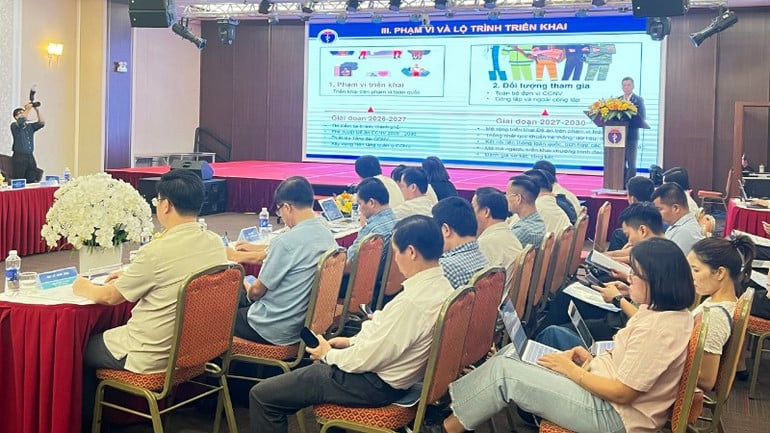
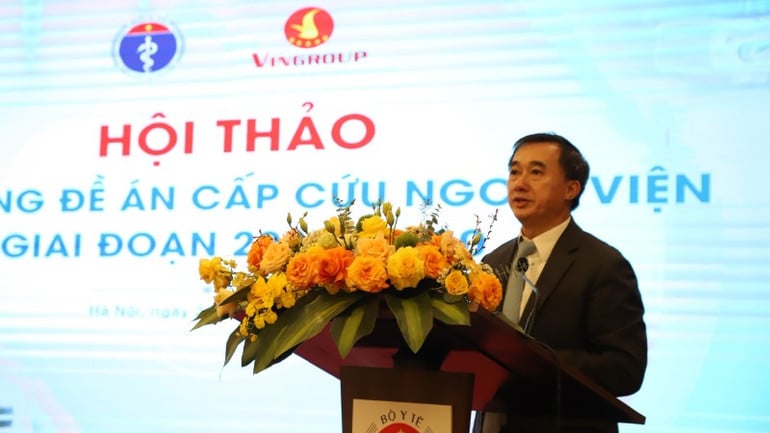
![[Photo] Binh Trieu 1 Bridge has been completed, raised by 1.1m, and will open to traffic at the end of November.](https://vphoto.vietnam.vn/thumb/1200x675/vietnam/resource/IMAGE/2025/10/2/a6549e2a3b5848a1ba76a1ded6141fae)





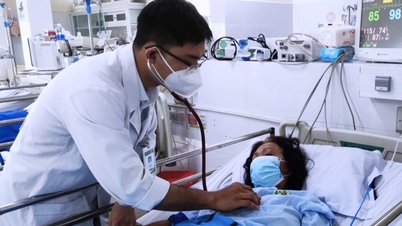

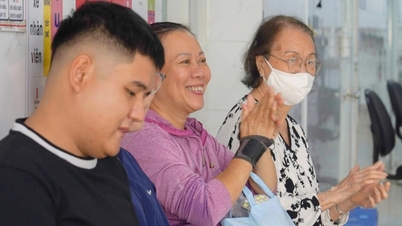
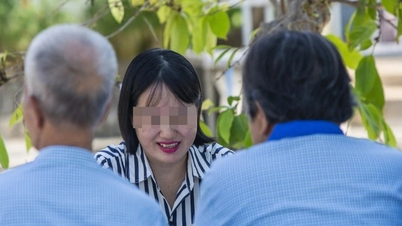
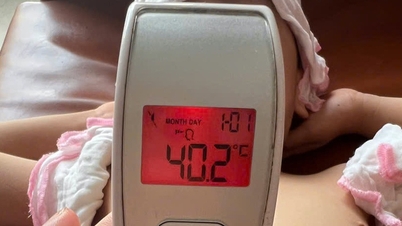

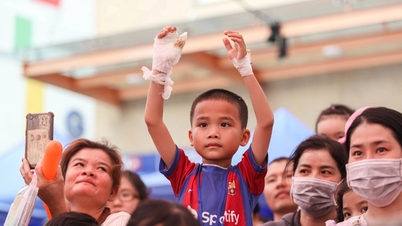







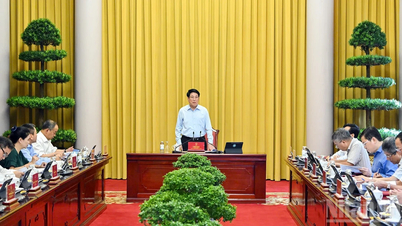

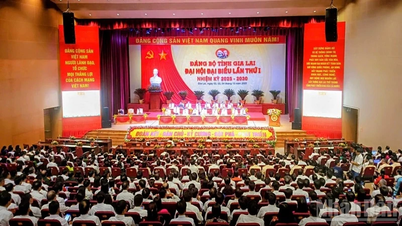















































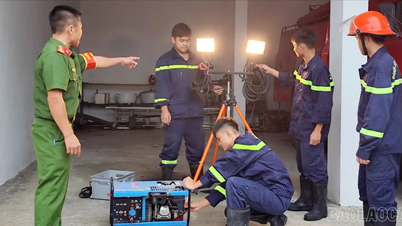

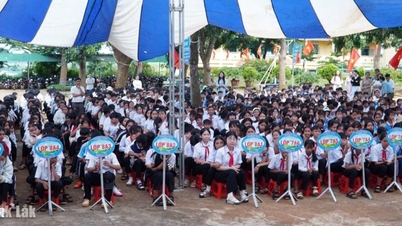

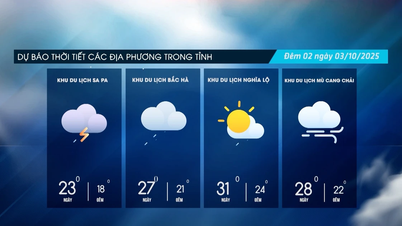
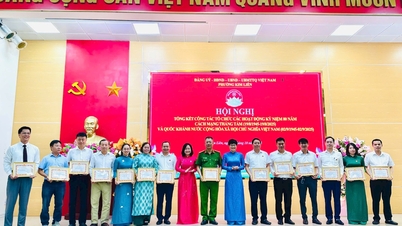
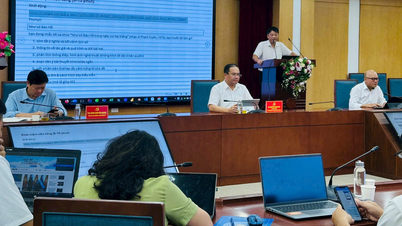
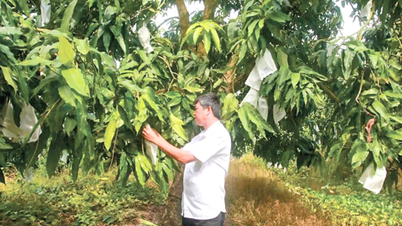













Comment (0)